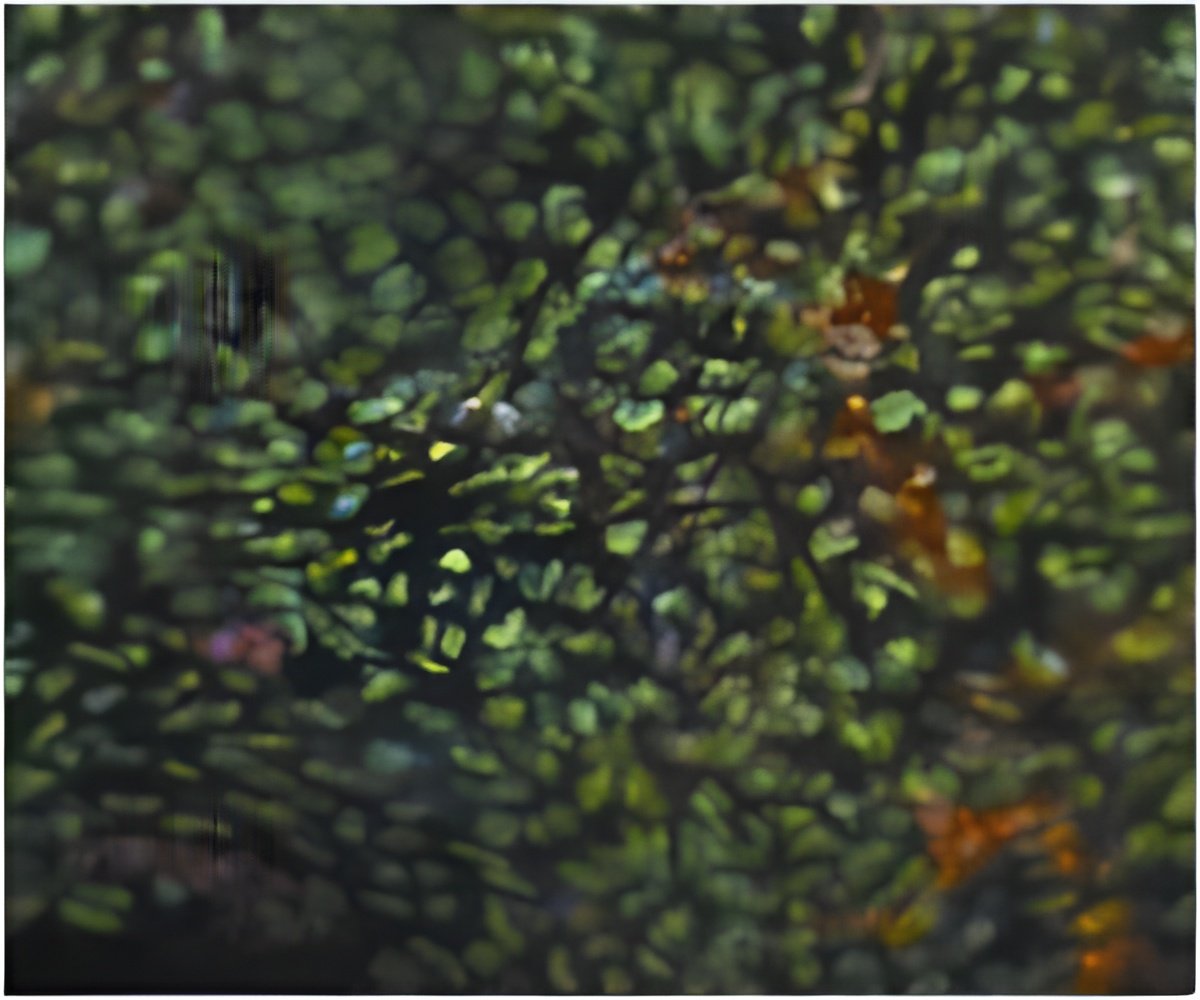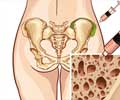Mount Sinai researchers have discovered new approach for use of stem cells to improve bone marrow transplantation.

‘The new approach could be used to generate blood stem cells from cultured pluripotent stem cells (master cells that can be turned into any type of mature cell), or to enhance the function of human blood stem cells for bone marrow transplantation. ’





"Hematopoietic stem cells lose their stem cell potential once they're cultured in a dish, which limits their ability to be easily propagated in the laboratory," says Saghi Ghaffari, MD, PhD, Professor of Cell, Developmental and Regenerative Biology in the Black Family Stem Cell Institute and The Tisch Cancer Institute at the Icahn School of Medicine at Mount Sinai, and lead investigator of the study. "In order for these stem cells to maintain optimal potency, they shouldn't be constantly dividing--putting them under metabolic stress that can alter their health and longevity. Instead, they should be in a dormant, or quiescent, state. But maintaining quiescence of blood stem cells outside of the body has been challenging. We discovered that lysosomes are key to the dormancy of these cells. We further learned that repressing lysosomal activity--rather than their stimulation--enhances stem cell quiescence and potency, and may have therapeutic value."
Through their extensive in vivo work in mice, the Mount Sinai scientists used an effective and specific lysosomal inhibitor that reduces lysosomal acidity and amino acid release in the cells. The net effect is to restore stem cells with activated lysosomes to a quiescent state. The study further found that the inhibition of glycolysis--the breakdown of glucose and other sugars by enzymes--also enhances quiescence and potency of hematopoietic stem cells, which are believed to rely on glycolysis for their energy.
Scientists have been trying for years to generate more HSCs in the laboratory for clinical use. "Our methodology is different from others in that it is based on quality rather than quantity," explains Dr. Ghaffari, a stem cell biologist and recognized expert in blood disorders. "By restraining lysosomal activity we produce fewer blood-forming stem cells for bone marrow transplantation, but they work much better because we've preserved and enhanced their potency."
It has also led to many new questions regarding the contribution of lysosomes to stem cell quiescence and potency and their potential therapeutic applications. Still another impact of her lab's work could be identifying and targeting stem cells that propagate blood malignancies, including leukemia.
Advertisement















